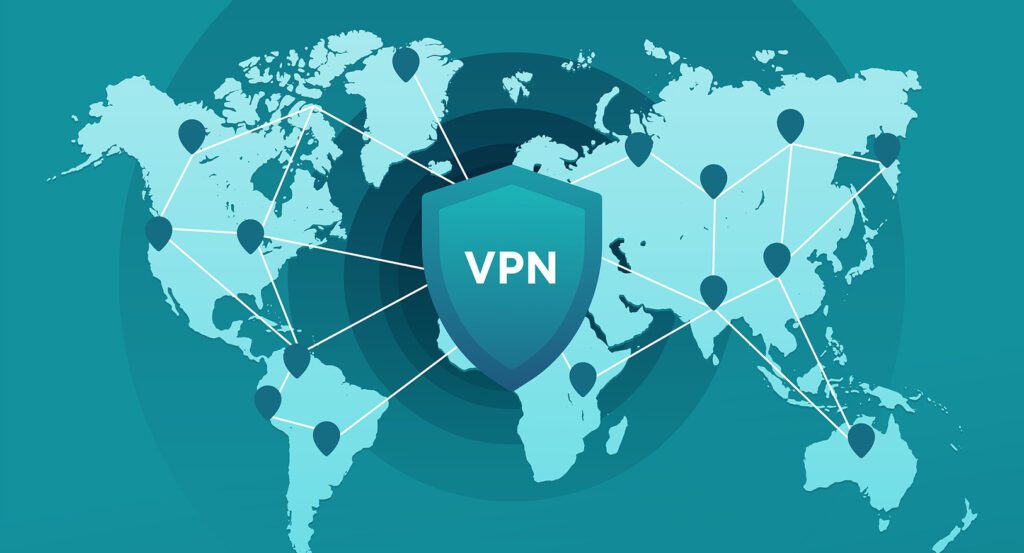
VPN stands for virtual private network, a service that helps you stay private online. For a novice, an element of confusion exists: what is a VPN used for? A VPN is a secure, encrypted connection between your computer and the internet for communication and data while you use public networks.
VPNs, which once were non-tech solutions, are now essential tools. At a basic level, what does VPN do, is protect your privacy online so that you cannot be discriminated against or targeted based on location. If you are still not clear on what VPN does, then you need to try and visualize it.
Imagine that the internet is a real highway and we zip around it on motorcycles. We pay visits to our favorite locations, check stock portfolios, play games, read games, and more. Rather than riding on a wide-open internet highway, you can use a private tunnel rather than a virtual private network. A VPN conceals your anonymity by enclosing you in its own private tunnel. No one can see where you are going or what you are doing because of it. To abandon the metaphor understanding how does VPN work is to encrypt the connection and hide the IP address.
What does a VPN hide?
VPN works on an operating-system level, so the traffic is rerouted through the other servers. This means that the online traffic, along with your physical location, is hidden when you surf the web. When you access the website through a VPN server, the source of connection is shown as one among the many VPN routers. Instead of your own, this is referred to as a proxy server. This means that anyone trying to spy on you or the website’s proprietors is unable to figure out who you are.
What is a VPN used for?
It offers a balance of speed and security. VPN ensures that you are safe and secure on all counts.
How does VPN work?
The question that crops up is How does VPN work? The virtual private network was developed by Microsoft in 1996 as a way for remote employees to securely access the company network. The moment it doubled company productivity, other companies adopted the practice. Corporate VPNs enabling remote work are a common sight in the world of business.
Developers going ahead realized how to use VPN as a secure tunnel. Average people may utilize it to establish connections to the largest network on the planet, which is the World Wide Web. VPNS is the bandwidth of online privacy in the consumer sector.
What does a VPN do?
Rather than sending the internet traffic directly to the internet service provider, a VPN routes the traffic through a VPN server. This way, when the data is finally transmitted to the internet, it appears to come from the VPN server and not your personal device.
If there is no VPN, an IP address, which is a number unique to your home network, is visible on the web. Understanding how to use a VPN means by serving as an intermediate and rerouting the traffic, it hides your IP address. Once you connect, it also adds encryption or a tunnel around your identity. A combination of the VPN server and the encryption tunnel blocks the ISP, hackers, the government, and everyone else from spying as you navigate the web.
Do you require a VPN?
Answering the question Do you require a VPN an obvious nod of approval would be yes. The main reasons why you require a VPN are privacy and access. The public wi-fi networks that are found in railroad stations and coffee shops are risky. It only takes one hacker to be on the network, and they can easily spy on all your activities. A VPN serves as an invisible umbrella that masks you and offers protection against evil eyes.
VPNs can also be used at home to hide from government Internet service providers and advertisers. This enables you to avoid censorship, geo-blocks on media, and price discrimination.